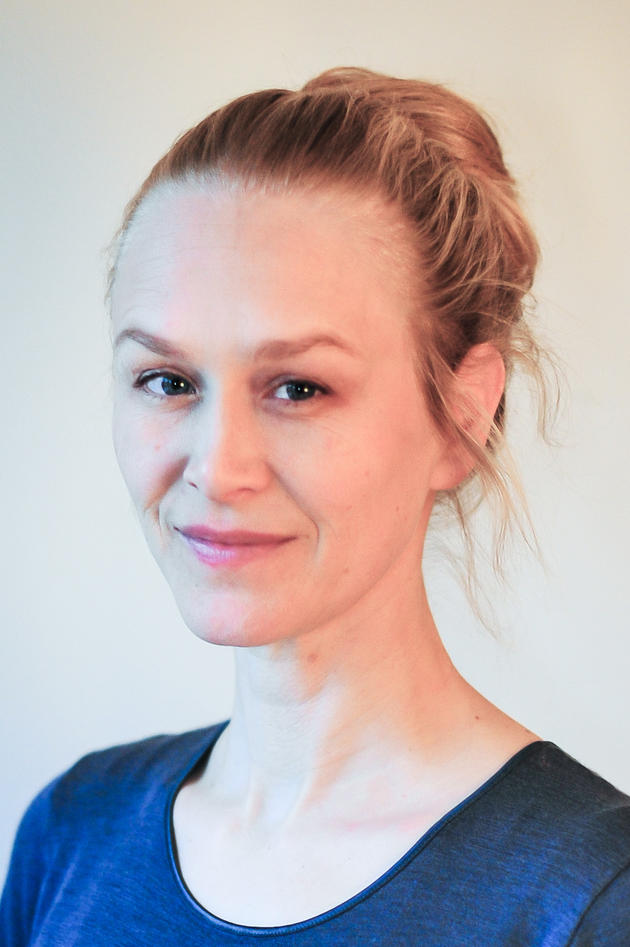New book: Public Reason and Courts
Welcome to the digital book launch for Public Reason and Courts - an interdisciplinary study of ideas of public reason in the context of constitutional and international courts.

Main content
This book launch was held 18 June 2020 on Zoom.
What makes restrictions of citizens’ rights and liberties legitimate? When can the government legitimately order us to wear face masks, stay indoors, or limit the practice of our religion? Such laws and regulations may be legitimate if they have a reasonable public justification, but be illegitimate if no such public justification is, or can be, given. Or so argue many of the contributors to the book Public Reason and Courts, edited by Silje Aambø Langvatn at the Centre for the Study of the Sciences and the Humanities at UiB (SVT), Mattias Kumm (NYU/WZB Berlin), and Wojciech Sadurski (University of Sydney/Warsaw).
About the book
The book presents new contributions from scholars in philosophy and law and connects ideas of public justification and public reason to the practices of constitutional and international courts. Some argue that it is the role of courts to ensure that a state act that affects a person is substantively justifiable to him or her, and that this in turn necessitates broad review powers and the use of proportionality testing by courts. Others argue that the idea of public justification should rather be seen as a bar against activist courts deciding on matters that are deeply contested among the citizens. Some start from Rawls, others show that courts such as the WTO AB uses a range of public justification strategies to enhance their own legitimacy.
Chapters by Micah Schwartzman, Ronald C. Den Otter, Frank I. Michelman, Alec Stone Sweet and Eric Palmer, Jacob Barrett and Gerald F. Gaus, Mohammad Fadel, Alain Zysset, Sivan Shlomo Agon, Christopher F. Zurn, and the three editors.
Book launch
The book launch is on Zoom Thursday, June 18th, 14-17 (CET) with a great panel of commentators: Alon Harel (Hebrew Jerusalem University), Kai Möller (LSE), Yoon Jin Shin (Seoul National University), and Alec Walen (Rutgers University).
Programme
14.00-14.15: Introduction to the chapters of the book
14.15-14.30: Comment from Alec Walen (Rutgers University)
14.30-14.45: Comment from Yoon Jin Shin (Seoul National University)
14.45-15.30: Response from authors followed by open discussion
15.30-15.45: Coffee break
15.45-16.00: Comment from Kai Möller (LSE)
16.00-16.15: Comment from Alon Harel (Hebrew University of Jerusalem)
16.15-16.55: Response by authors followed by open discussion
16.55-17.00: Closing remarks
